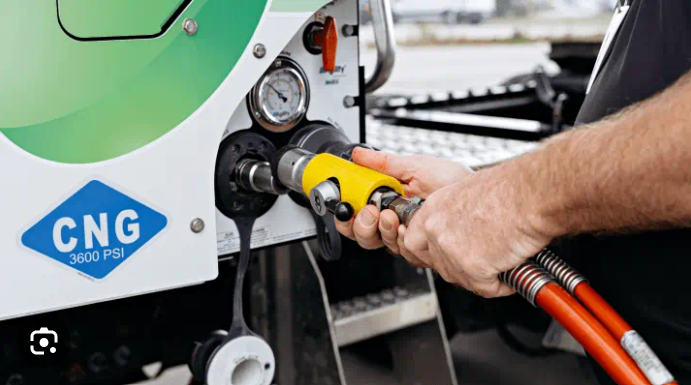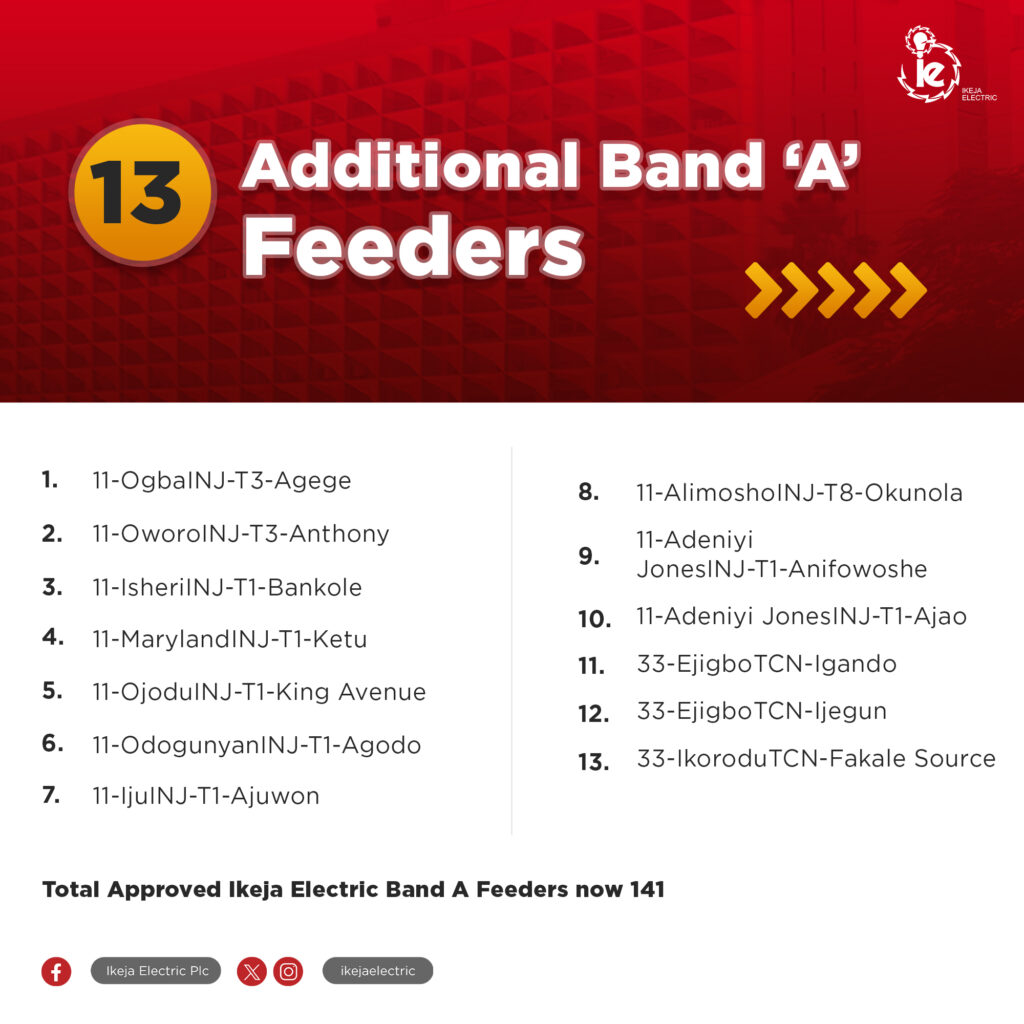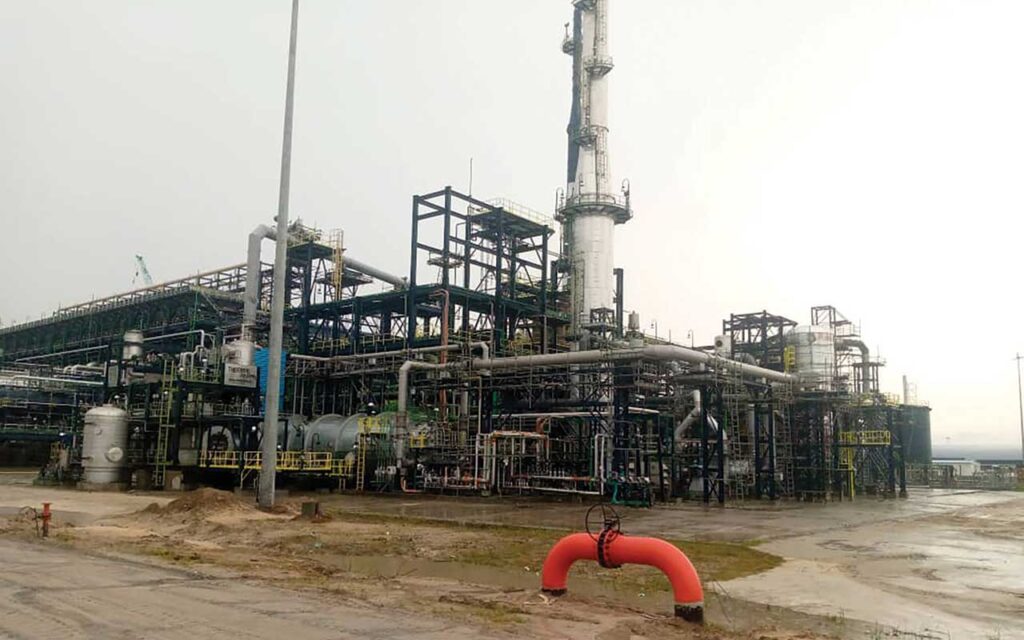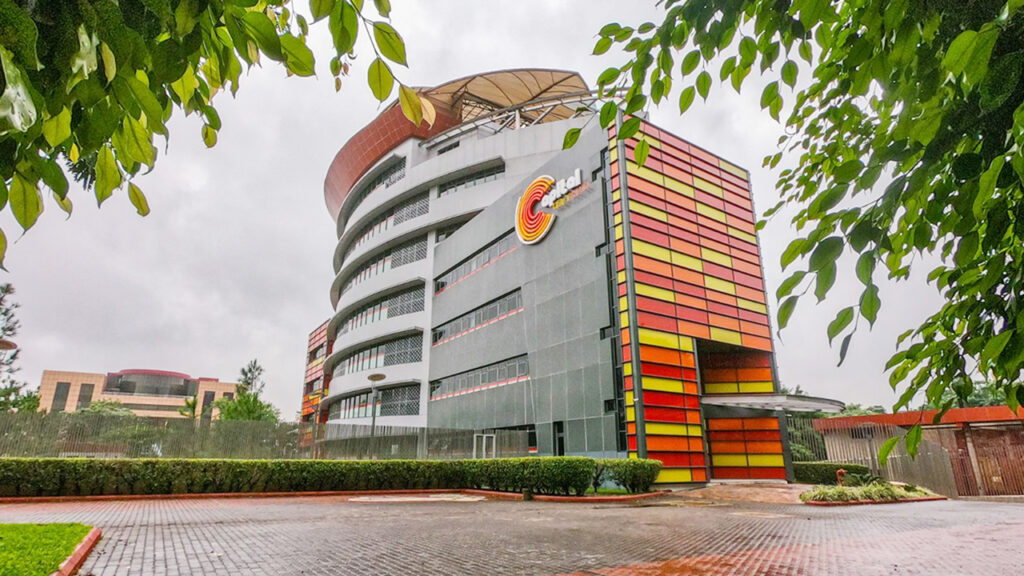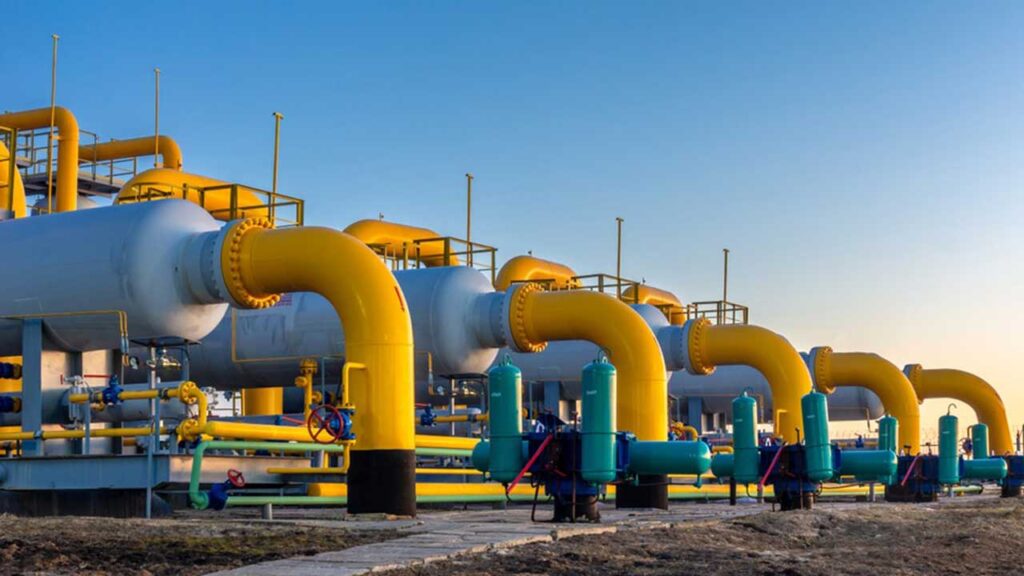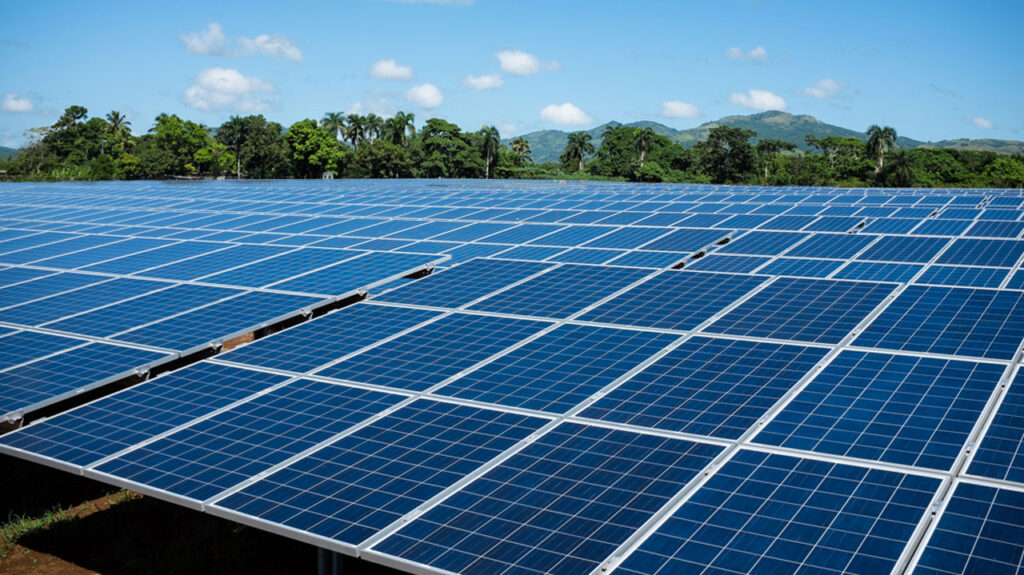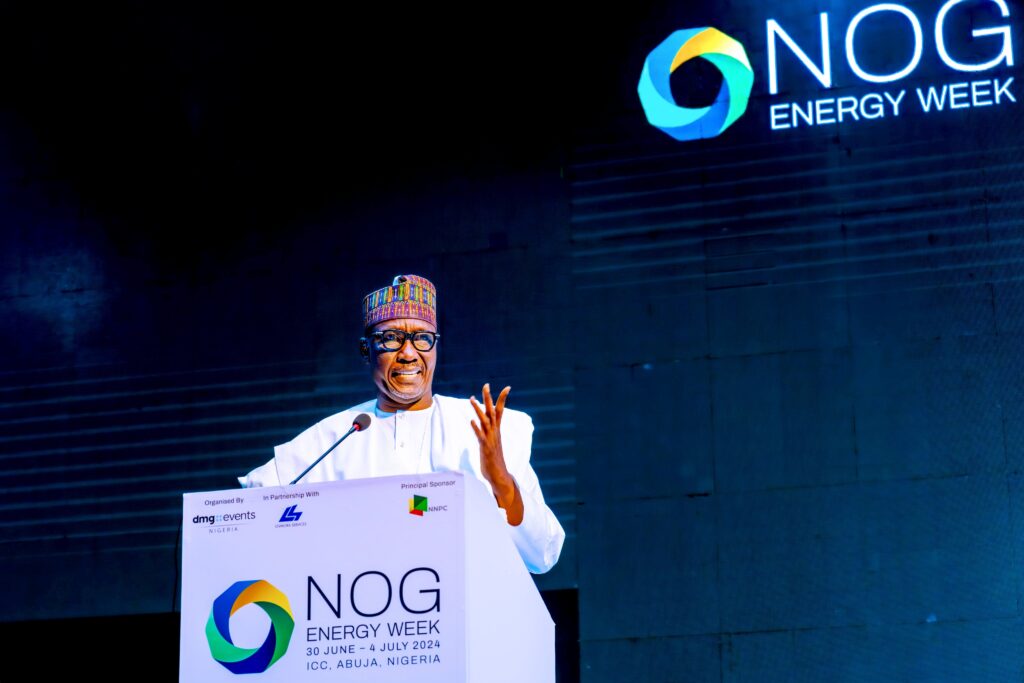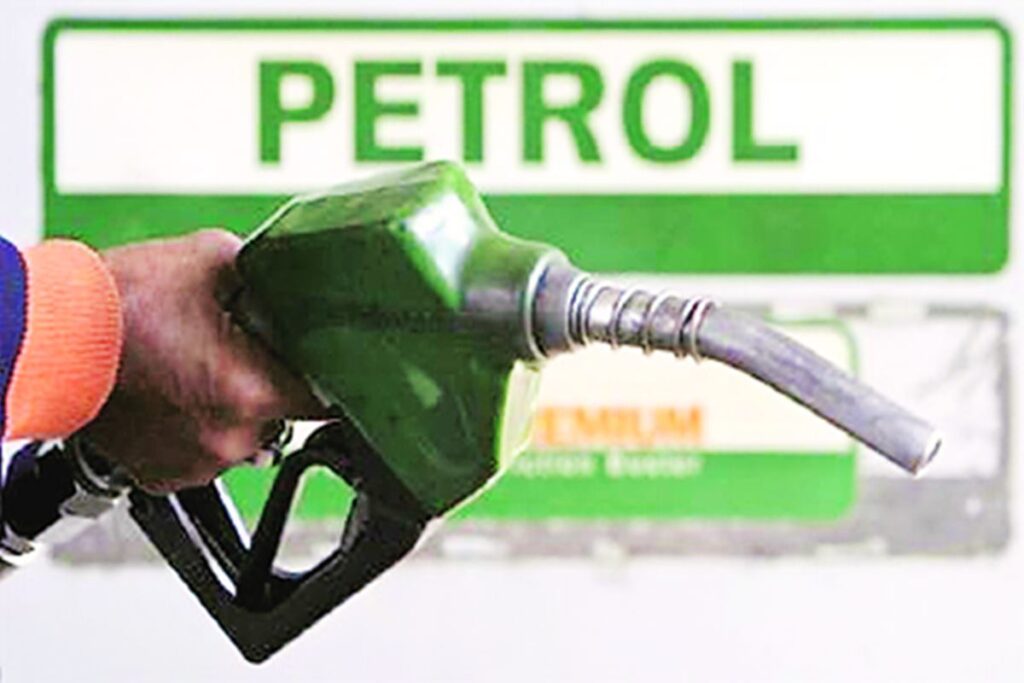
Initial plans by the Federal Government to convert one million vehicles plying roads in the country to run on gas within a year has now been moved to three years.
In December 2020, President Muhammadu Buhari had promised Nigerians, especially labour leaders, that an autogas policy would ensure that vehicles plying the country’s roads run on Compressed Natural Gas (CNG). By now, one million vehicles are, according to the President, supposed to be running on gas in the country. But the plan has not worked.
In reinvigorating the plan, the Federal Government last week, stated that part of its plans to ensure life is made easier for Nigerians before full removal of subsidy on fuel, included the auto-gas plan.
Minister of State for Petroleum Resources, Timipre Sylva, told journalists that discussion has been ongoing with original manufacturers to ensure kits for conversion are available in Nigeria.
While the plan was to convert at least one million cars within a year and ensure with promise that nothing less than 40 per cent vehicles plying Nigerian roads would run on compressed natural gas, documents obtained from the ministry showed that the country may need three years to convert one million cars.
In the different scenarios captured by the government, tricycles, four to six-cylinder cars, eight-cylinder engines and buses could be converted in three years or 36 months. Government anticipated that 200,000, 300,000 and 500,000 could be converted in the first, second and third year respectively or 500,000 vehicles would be converted in about 18 months and the other 500,000 within 19 to 36 months.
In the period, 200,000 tricycles were projected to be converted, 610,000 four to six-cylinder engines, 100,000 eight-cylinder SUVs, and 100,000 buses.
The government had noted that CNG was selected as the fuel of choice because it holds a comparative advantage due to its ease of deployment, its comparatively lower capital requirements, commodity’s supply stability, existing in-country volumes and local market commercial structure which relies predominantly on the Naira.
Coming at a time when the Federal Government had said subsidy removal would not be considered, Sylva had noted that autogas rollout would provide an alternative to Premium Motor Spirit (PMS).
“We said we must provide alternative fuel and the alternative that we concluded on was the autogas alternative. To provide it for our people.
“Since this agreement between us (government and marketers), a lot of work has been going on and we have come to a certain point where we need to take it further. But we cannot move further without ensuring that you as our partners are fully on board.”
He had said the government would ensure rapid conversion of vehicles by providing equity participation, encourage credit scheme investments with partner nations and OEMS, create centralised management portals to maintain standards, evaluate utilisation and impact of government equity and overall project.




